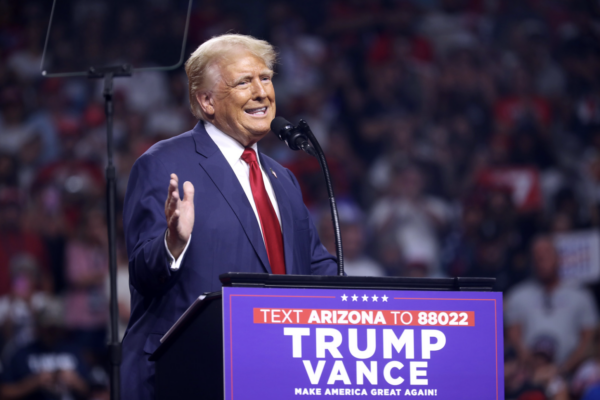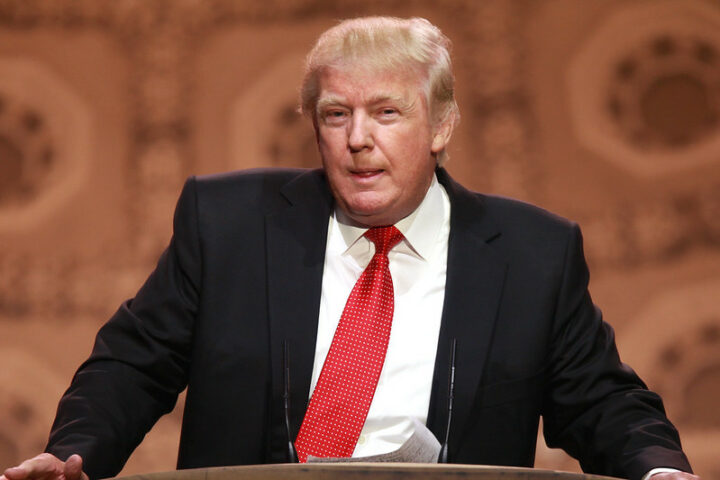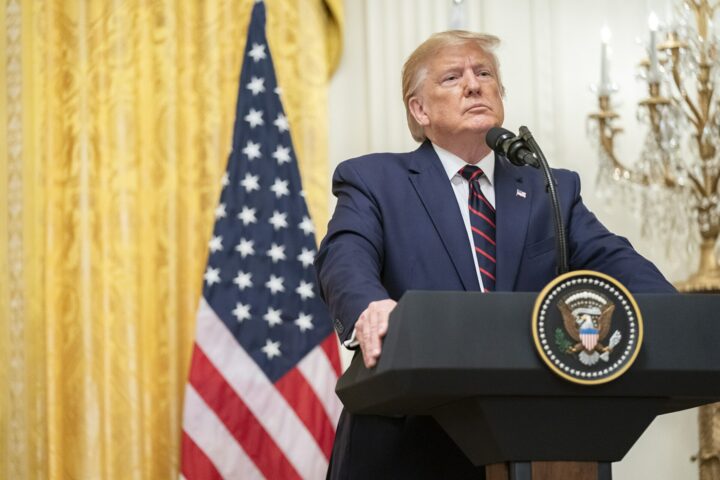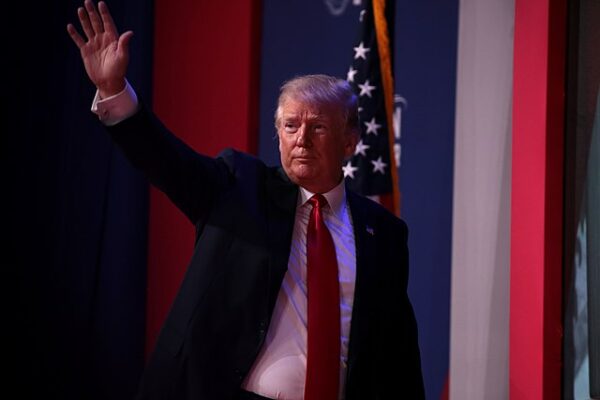First, they said he should go to jail over it, then they said he shouldn’t be allowed on the ballot, and now, liberal “scholars” contend in The Hill that Congress can still stop him. Despite Donald Trump’s resounding victory in November, Evan Davis, former editor-in-chief of the Columbia Law Review, and David Schulte, former editor-in-chief of the Yale Law Journal, are still demanding that the president-elect be prevented from taking the White House.
Pointing to Section 3 of the 14th Amendment, and despite the Supreme Court’s ruling in Trump v. Anderson, the pair argues that Trump was disqualified from holding the presidency because he supported an “insurrection.”
Their central argument rests on the clear language of Section 3, which prohibits anyone who has engaged in insurrection against the Constitution from holding office. The amendment explicitly states: “No person shall … hold any office, civil or military, under the United States … who, having previously taken an oath … to support the Constitution of the United States, shall have engaged in insurrection or rebellion against the same, or given aid or comfort to the enemies thereof.”
Davis and Schulte highlight three authoritative sources supporting the claim that Trump engaged in insurrection. First, during Trump’s second impeachment trial in January 2021, he was charged with “incitement of insurrection.” Although the Senate fell short of the two-thirds majority needed to convict, a bipartisan majority still voted in favor of his guilt. Second, a Colorado court, after a thorough five-day hearing, found by “clear and convincing evidence” that Trump engaged in insurrection. While the Supreme Court later ruled that states lack the authority to enforce Section 3 for federal officeholders, it notably refrained from challenging the Colorado court’s factual conclusions. Third, the bipartisan House Select Committee investigating the January 6th attack presented extensive evidence, much of it from Republican witnesses, showing Trump actively worked to overturn the 2020 election and incited violence against Congress.
Addressing the Supreme Court’s ruling in Trump v. Anderson, Davis and Schulte emphasize that the Court’s assertion about the need for congressional legislation to enforce Section 3 was dicta—non-binding commentary that lacks legal weight. They argue that Congress alone holds the constitutional authority to count Electoral College votes, making this a political question not subject to judicial review. Under the Electoral Count Act, objections can be raised against electoral votes not “regularly given,” and votes for a constitutionally disqualified candidate, they assert, meet this standard.
This isn’t the first time that liberals have tried to thwart the will of the people. Over the summer, former federal judge J. Michael Luttig and leftwing professor of constitutional law at Harvard, Laurence H. Tribe, laid out the framework for how Democrats may attempt to block Donald Trump from being on the ballot in 2024.
Congressional liberals in power aren’t the only ones Trump may need to worry about. Earlier in the year, New Conservative Post revealed that leftists in the Pentagon also have a plan to take away some of the president’s power, something that Pete Hegseth, Trump’s nominee to lead the Department of Defense, may have to deal with personally.







